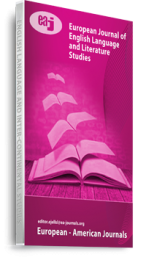The entire systems of social categorization agree to for two sexes – male and female. But some societies explicitly articulate three sex categories, socially distinguishing hermaphrodites as a third, mixed intermediary, or alternate sex. Other societies seems to give consent to additional categories, allowing for a range of mixed, crossed, complex, or fluid identities in between male and female. Indian culture is based on the notion that there are two opposite sexes with distinct culturally approved gender characteristics. Using this binary system allows little tolerance for cultural and social variances of what is perceived to be masculine or feminine. Indian society is much more focused on sexual behaviour rather than social role choices and expectations. In Indian culture some people who are merely dissatisfied with their gender role often feel pressured to anatomically become the other sex through surgery. Some people do not believe that their gender identity corresponds to their biological sex, namely transgender people, including transsexual people and many inter-sexed individuals as well. Consequently, complications arise when society insists that an individual adopt a manner of social expression i.e. gender role which is based on sex. Sexuality, or gender identity, may be all about the cultural response to the individual. Some people may be born with confusing sexuality and they need to find the gender role that fits with their nature, and others find that the male/female, man/woman roles are not sufficient to embrace their gender/sexual role. The present paper examines how questions pertaining to sexual orientation and gender expression are inter-connected with the politics of citizenship. It also seeks to critically examine the social understandings of sexual identity and the powerful role that it plays in the arenas of family, personal relationships, the economy, work, the media, health, security and the environment. Through an examination of the selected literary texts in Indian writings in English, we will interrogate the ways in which heteronormativity permeates a variety of institutions in the public sphere. We may find answers and ways to respond that would embrace all human beings.
Keywords: Homosexuality, Sexual Orientation, Sexuality, Transgender, and Gender

